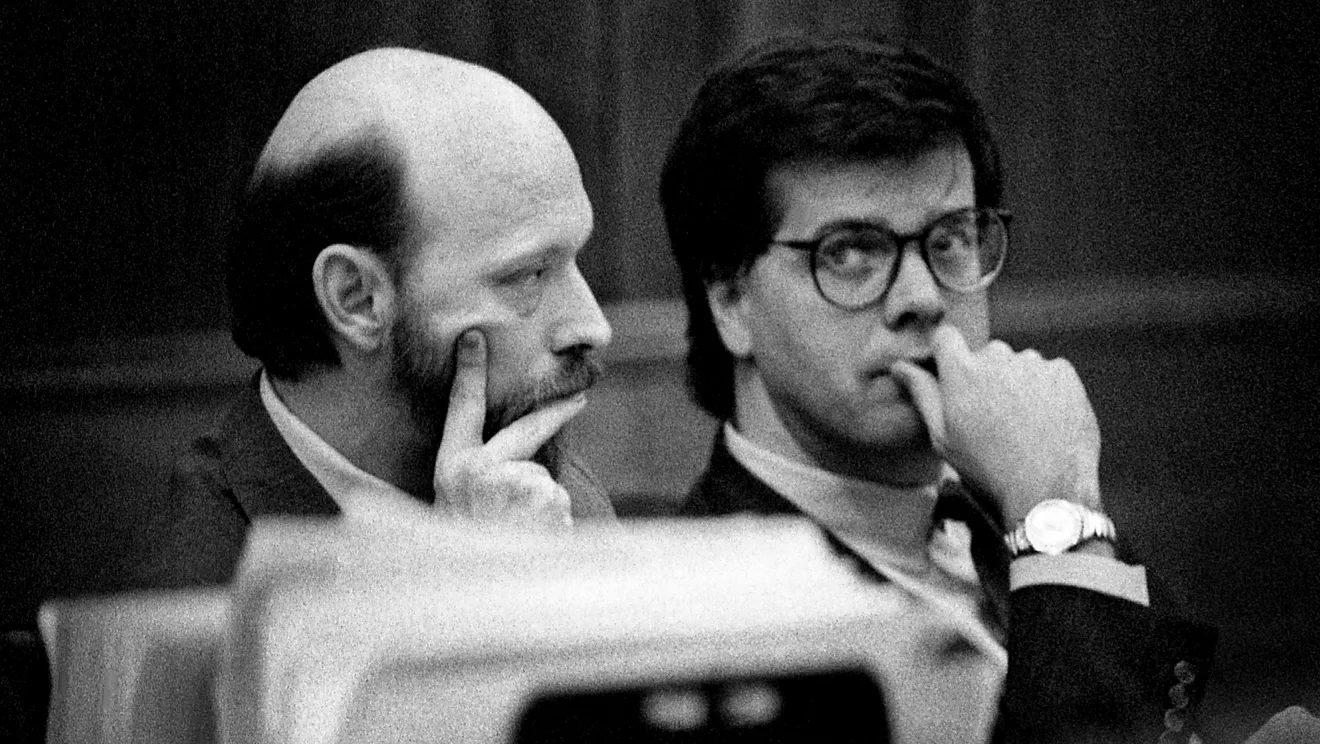In December 2021, Carson v. Makin was argued before the Supreme Court during the courts 2021-2022 term. Carson v. Makin addressed a lawsuit from a Maine family who applied for a state-funded scholarship in order to keep their children enrolled in Christian school. The family’s application for aid was denied by Maine’s Department of Education because Maine’s constitution prohibited direct or indirect aid to religiously affiliated educational programs. In response to their denial, the Carson family challenged the constitutionality of Maine’s law by claiming it violated their 1st amendment right. The question of this case is: Does Maine’s law that prohibits using available student-aid program for religious education a violation of the Equal Protection Clause?
Maine’s education system is divided into local school administrative units (SAU) in order for the state to ensure every child has access to free education. However, because not every SAU operates its own public school, Maine implemented a system where parents can either (1) contact a secondary school in a different SAU for school privileges or (2) pay tuition for an “approved” private school. Maine’s Board of Education only approves aid for non-sectarian schools due to their obligation to the 1st Amendment. The Carson’s live in an SAU that does not operate a public school which propelled them to enroll their children in private school. However, the Carson’s chose a school that was not approved by the Board of Education because it failed to meet the “nonsectarian” requirement for aid. The Carson’s filed suit claiming that the state discriminated against them on the basis of their religion and violates their free exercise rights.
When evaluating this case, its essential to address the outcome of Espinoza v. Montana, a landmark case from 2020. Espinoza v. Montana addressed a lawsuit brought by low-income mothers in Montana whose request for state-credit was denied because their children attended a parochial school. The court ruled in favor of Espinoza, citing that Montana’s law excluded schools on the basis of their religious status. Justice Roberts argued that Montana’s state interest was to create a greater separation between church and state than the constitution requires and unjustifiably burdened the family’s free exercise. He reiterates arguments from Everson v. Ewing Township by affirming that the state acts hostile towards religion by limiting its accessibility based on religious affiliation. Concurring justice Gorsuch affirmed that Montana’s constitution failed to remain neutral and discriminated based on religious status instead of protecting free exercise. It’s important to note that the majority did not invoke the Lemon Test when evaluating the constitutionality of Montana’s law. The dissent; however, affirms the neutrality of the law that does not directly inhibit the petitioner’s religious exercise.
Justice Breyer asserts that providing aid for parochial school results in excessive entanglement and an advancement of religion. He refers to Locke v. Davey, a case that disallowed the state to aid majors in theology to demonstrate how the court has previously sought to disallow any indirect aid to religious education. The dissent echoes sentiments from Lemon vs. Kurtzman that pointed out there is an inseparable relationship between religion and government. Therefore, the courts must limit the degree to which the two are “entangled”. The dissent affirmed that the law passed the Lemon test and therefore was constitutional.
As Espinoza v. Montana was decided less than two years ago, it is expected that the Supreme Court will rule in favor of the Carson family and uphold their accommodationist precedent set by Espinoza. I struggled with evaluating Carson v. Making because I think one's opinion is highly contingent upon their interpretation of what the Equal Protection Clause allows for. The clause affirms that “any law that imposes special disabilities on the basis of religious status” is unconstitutional. The court saw Montana's law as discrimination against religious status and I disagree with their definition of status. I would define status as the Carson's religiosity and I don't think they were discriminated against because they are religious. The family is still free to practice their religion and the state is not coercing them to abandon their belief system. Additionally, I think there is a fine line between discrimination and maintaining the separation between church and state. To reiterate Justice Ginsburg, the law does not necessarily discriminate against religion just because it fails to advance it. Thus, I think Maine has the constitutional right to deny scholarship funds to religious schools.
Since the Carson's live in a SAU without a public school, they have the freedom to choose whatever “approved” school and receive aid from the state. It was their conscious choice to choose a school that was not approved by the state and since there are other public-school options, I do not think the state is burdening their religious convictions. When addressing the courts assertions of discrimination in Espinoza v Montana, I referred to the historical context in which the constitution was written. James Madison and the fellow founding fathers sought to establish a strict separation of religion and government affairs. Thus, I perceive Maine’s law that prohibits sectarian schools as a in line with the 1st Amendments requirements. The Department of Education’s nonsecularism requirement speaks to the states constitutions commitment to separation especially in regards to government funds.







